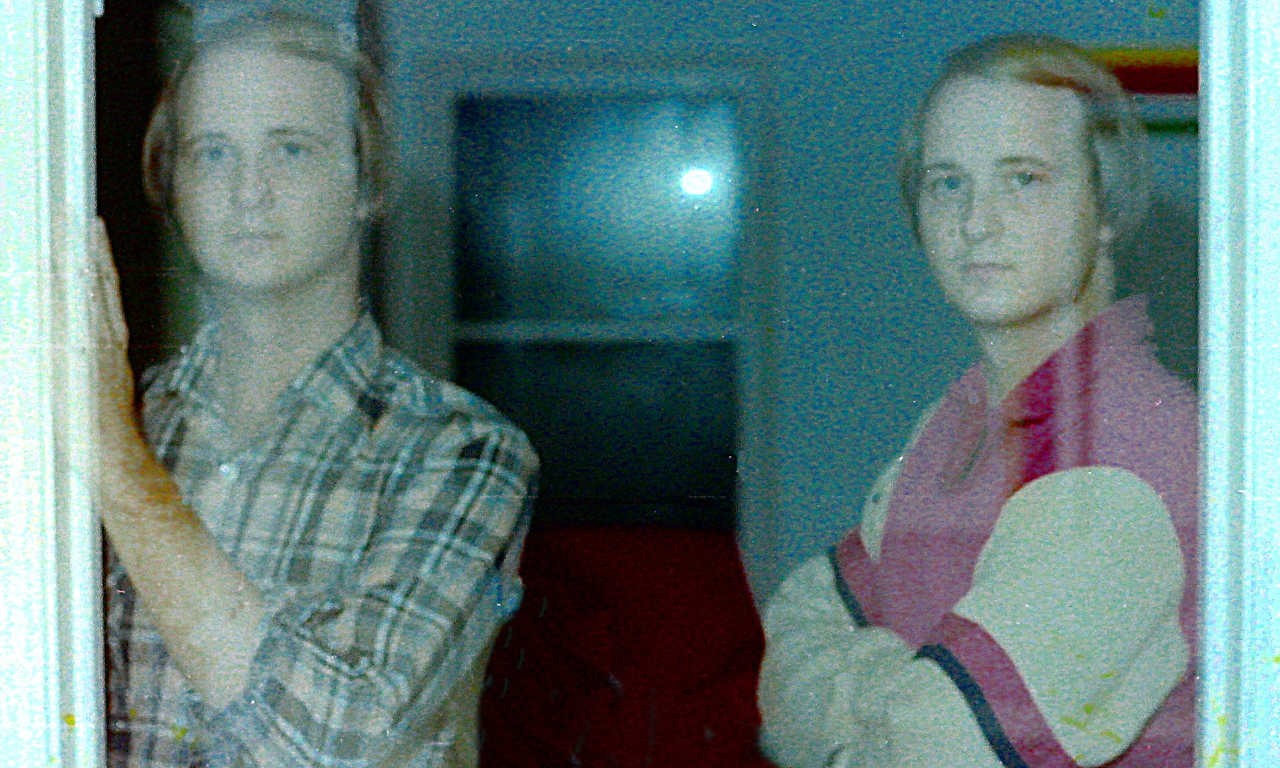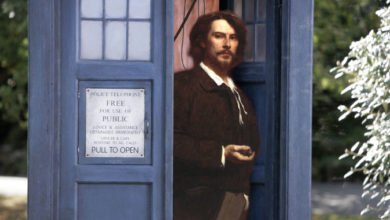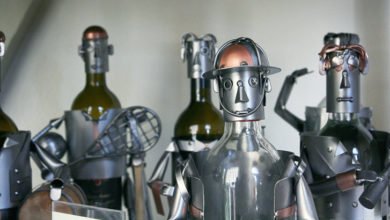
To some, cloning seems like one of our best hopes for immortality. The ability to create new copies of ourselves, to start over in a fresh body.
But would it really be that simple?
Even if we had the technology to create perfect human clones, and to transfer our memories into them, cloning for immortality stumbles over the very same obstacle as teleportation.
Your Clone Is Not You
Imagine you’ve been cloned. You’re standing in line, waiting for your memories to be uploaded to a younger version of yourself, something grown in a lab and rapidly aged to, say, around 20 years old.
A computer scans the current composition of your brain, replicating every memory, every feeling, everything that makes you you. It then copies this information into the brain of your new clone, and suddenly there’s a younger-looking version of yourself, with all of your memories, staring right back at you.
And, yet, you’re not feeling that much better for it.
Because the clone — it looks like you, talks like you, thinks like you.
But it’s not you.
From that moment onward, you and your clone will have two completely independent experiences. This includes how you both develop as humans, and the myriad paths your genetic codes will take as you live out your lives. You’re still going to experience death, even if your clone lives on happily until the next (let’s call it a) “clone cycle.”
And worst case scenario? The original you is discarded as soon as the clone is ready and uploaded.
This is no escape. This is not immortality.
Just watch The 6th Day and you’ll see this philosophical quandary in action.
But Is It Still Worth It?

I do get the sense that, in the future, perfect copies of humans — both physically and mentally, memories and all — may be possible.
I’m not, however, convinced that this will preserve the original human being copied. It may, in some way, benefit society — perhaps cloning geniuses like Einstein and Hawking to keep them around — but we shouldn’t put ourselves under the illusion that, by doing so, we’d as individuals live forever.
Of course, it is, like I said, philosophical. And hypothetical.
There’s actually an ongoing debate about the nature of cloning for immortality. The above is just my opinion on the outcome, and many people would disagree with me. Some believe consciousness would transfer, and others simply question whether or not it even matters.
Is there value in having some form of yourself live on beyond death, to leave something behind even though you’re no longer here to experience it? Many people feel this way about their children, so why not identical clones of themselves?
What would live forever would not be you, per se, but your essence. Your will. The information you posses. Something.
If we ever gained the ability to transfer (read: copy) memories and intelligence into clones or robot avatars, what it means to be human would fundamentally change. It wouldn’t be physical bodies or even the idea of souls, but rather the existence of ideas and thoughts and thinking patterns (and I’m somewhat reminded of Revelation Space by Alastair Reynolds in this regard).
The biggest problem? Even if we do find a way to perfectly transfer consciousness, whether into a clone or a robot or a simulation, there’s no outrunning the end. Not really.
But we will try.






